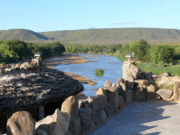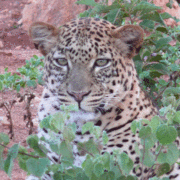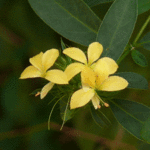The Mtito River is a seasonal river, which means it only flows during the rainy season. When the river does flow, the big crocodiles move from the larger Athi River up the Mtito, to a set of rapids and small waterfalls on our land. Here they lie beneath the falls, with their mouths wide open, waiting for an easy meal as fish, which are migrating upstream to spawn, attempt to swim up the falls, but all too often fall back down, and into a crocodile's mouth...it's an annual (sometimes biannual) spectacle which is not to be missed!





